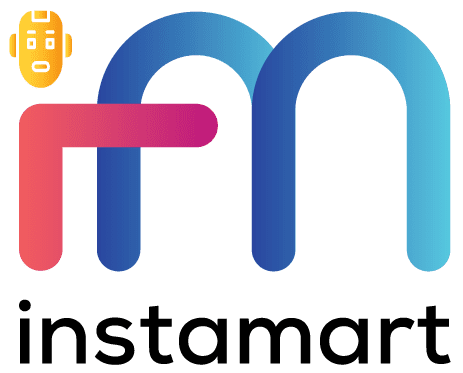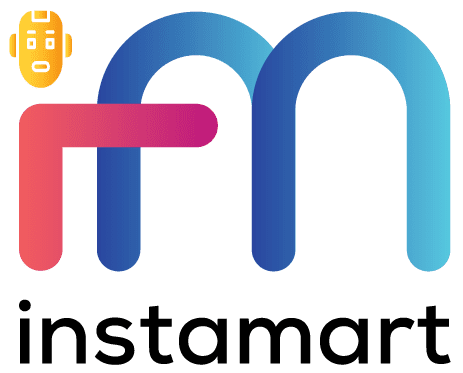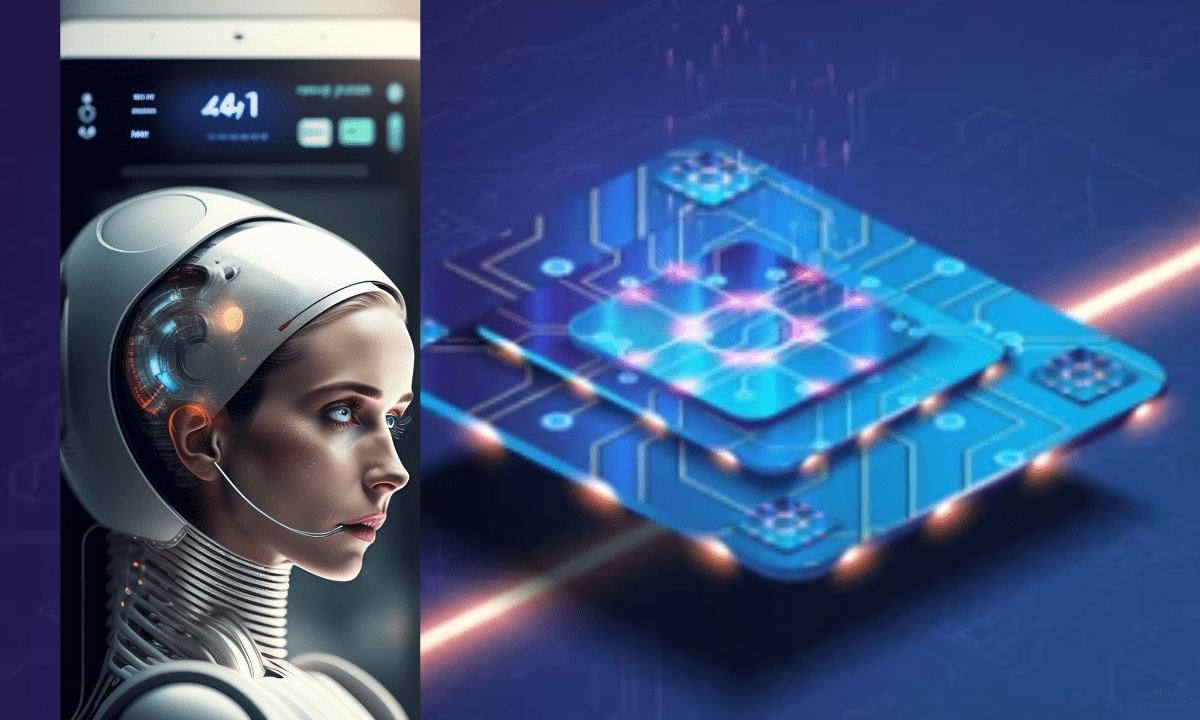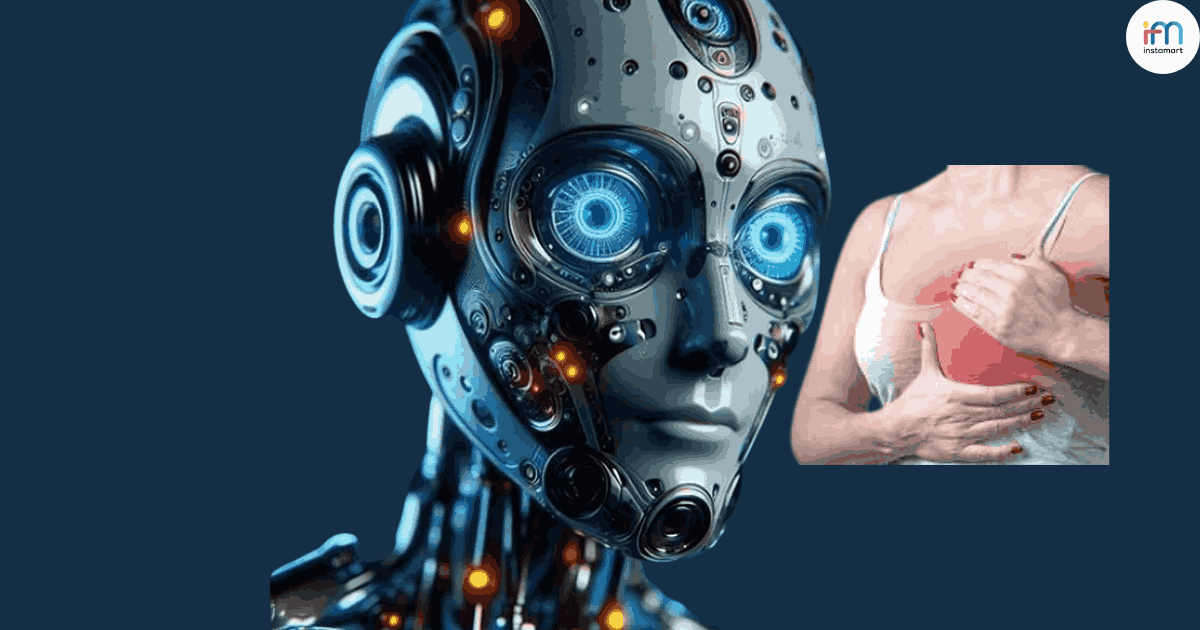When AI ChatGPT failed in Singapore’s 6th-grade math test, we reignited our hopes in its latest version of large language model, ChaptGPT-4. Today we still have to leave with the bad news that the promise of outperforming 90% of individuals may just be hot air! However, OpenAI CEO took matters in his own hands to spread the good news of AI in his world tour.
While it’s not in our interest to delve in the limitations of ChatGPT, we take the opportunity to remind OpenAI enthusiasts about the promises so dear to them:
ChatGPT-4 is a scaled-up version of ChatGPT aimed at achieving better results.
The new model is capable of producing fewer factually incorrect answers
ChatGPT-4 will be more reliable in performing complex tasks
The new model is still susceptible to hallucinations and adversarial prompts
The optimism with which we received AI is now fading. As reported by The Independent, OpenAI CEO Sam Altman in his tour to promote the company in Europe hinted at a possible exit if the rule of thumb necessitates, saying that “OpenAI will try to comply, but if we can’t comply, we will cease operating.”
This messaged rattled Thierry Bretton – The European Commissioner who offered a pointed reply that “There is no point in attempting blackmail – claiming that by crafting a clear framework, Europe is holding up the rollout of generative AI #AI” as reported by The Independent.
Altman’s world tour was great but failed to convince workers that ChatGPT was for their absolute good. This is apparent in the latest survey whereby 60% of people in the UK are calling for the regulation of AI to protect their jobs.
Fears OpenAI will result in job loss
Workers have good grounds to fear. AI-powered technologies have the potential to streamline and optimize various processes across industries, resulting in increased efficiency and productivity. However, this progress comes at the cost of job displacement, as many tasks that were once performed by humans can now be efficiently executed by AI systems. For instance, AI-powered chatbots and virtual assistants have replaced customer service representatives in some industries, while automated manufacturing processes have reduced the need for manual labor in factories. While these advancements offer numerous benefits, they also raise important questions about the impact on the workforce and the need for re-skilling and retraining to adapt to the changing job landscape.
There is no denying that certain job categories are at risk of being completely automated, which can lead to significant unemployment and economic disruption. Occupations that involve routine tasks, such as data entry, transportation, and manufacturing, are particularly vulnerable to AI-driven automation. As a result, it is crucial for society to address this challenge by fostering a culture of lifelong learning and investing in education and training programs to equip individuals with the skills needed to thrive in an AI-driven world.
Altman seemed to have thrown in the towel when he visited Congress last month and accepted the need to regulate AI and reduce the glaring risks. The debate on AI regulation is still ongoing even after Altman met world leaders including Prime Ministers Rishi Sunak, German Chancellor Olaf Scholz as well as Emmanuel Macron – French President.
Read more AI news here







